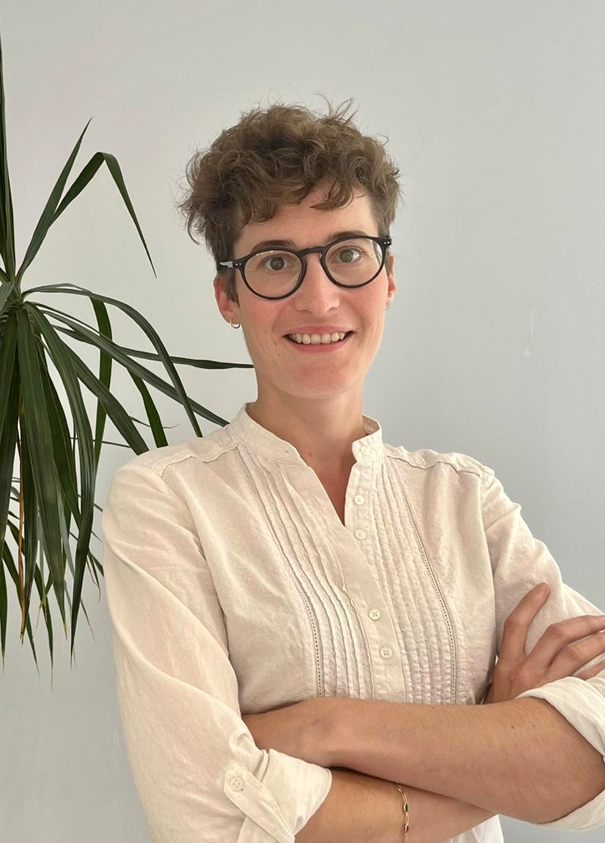Information on ADAGIO Fellows and Projects
Information on the successful candidates and their individual projects will be published here once the contracting procedures have been completed.
Information on the successful candidates and their individual projects will be published here once the contracting procedures have been completed.

Dr. Rosa Diego Creixenti is currently a Marie Curie ADAGIO Fellow at the University of Bordeaux (UBx). She earned her Bachelor's degree in Chemistry from the University of Barcelona (UB) in June 2015, with a six-month stint abroad at Uppsala University in Sweden during her undergraduate studies. Her primary focus during her exchange program was Organic Synthesis at the Biomedicinskt Centrum (BMC). Following this experience, she joined Dr. Sascha Ott's group at Ångström Laboratory, where she worked on her BSc. Degree project titled "Development of tungsten-free phospha-Wittig reagents." Subsequently, she completed a summer internship in the Organic Department of the University of Barcelona as a boarding student, where she was involved in synthesizing the antitumor compound C75. Afterward, she pursued a master's degree in Organic Chemistry at UB and successfully completed her MSc. Project in July 2016. Her project was related to the synthesis C75 derivatives with potential applications in the treatment of obesity, under the guidance of Dr. Paul-Lloyd Williams. Expanding upon her proficiency in organic synthesis, she became a member of the GMMF group, where her research centered on exploring the magnetic properties of molecule-based materials, facilitated through a systematic approach to ligand design. In 2022, she successfully completed her PhD in Nanoscience at UB under the guidance of Prof. Guillem Aromí and Prof. Jordi Garcia. Her research primarily focused on the design, synthesis, and investigation of coordination complexes with Spin Crossover and Single-Molecule Magnet properties. After completing her PhD, Dr. Creixenti worked as a Postdoctoral Researcher in Prof. Eva Rentschler group at Johannes Gutenberg University Mainz in 2020, contributing to various research projects, including the investigation of hybrid interfaces between SMMs and metallic surfaces.
Development of a new generation of High-Performance 2D Conductive Magnets by the rational design of coordination polymers (CPs) containing abundant metallic ions and low-cost redox-active ligands, leading to strong magnetic exchange interactions between the spins, which in turn generate magnetic ordering at high temperatures (i.e. above 77 K). The first step consists of preparing 2D CPs in-situ. The use reducing metals (e.g., Cr, V, Ti, etc.) than could lead to the ligand reduction. The post-synthetic reduction of the resulting materials will be also explored if necessary. By in-situ or post-synthetic chemical reduction of metal-organic compounds, the CPs can be functionalized conveniently and even confer multifunctionality due to the combination of magnetism and electrical conductivity in a single material. The obtained compounds will be chemically and physically characterized and studied with a complete set of characterization techniques (IR, SCXRD, PXRD, XAS, XMCD, SQUID, TGA, EC). Fabrication of functional molecule-based materials with the co-existence of electrical and magnetic properties by Additive Manufacturing (AM) technologies. The CPs will be implemented into films with specific shapes and properties by AM technologies at the BCMaterials.